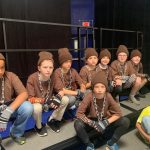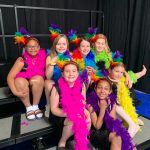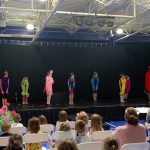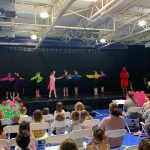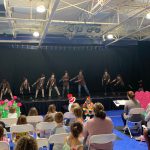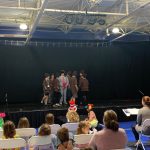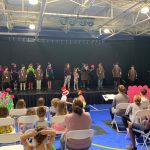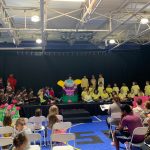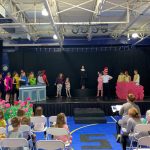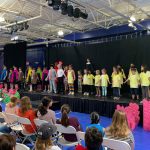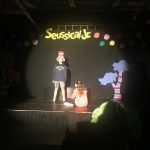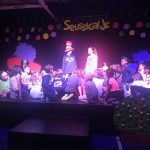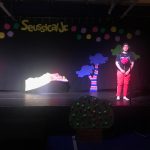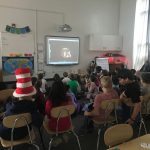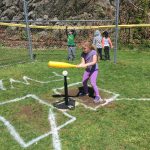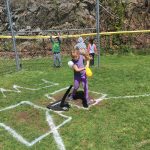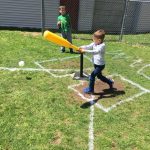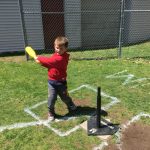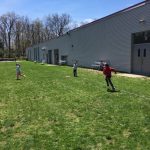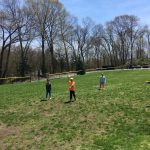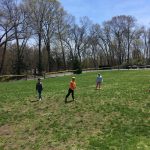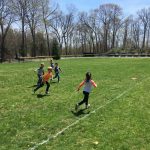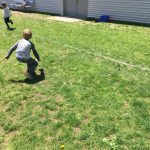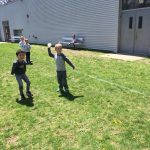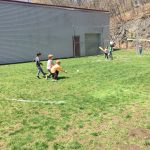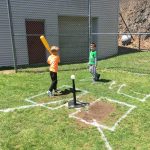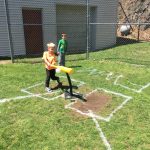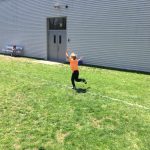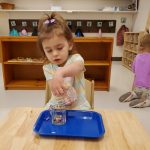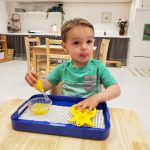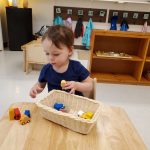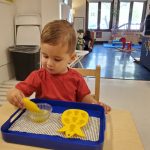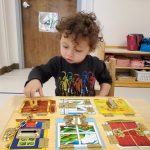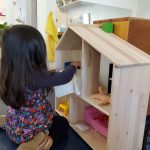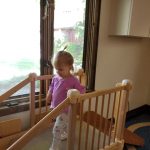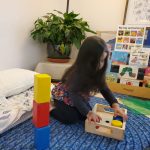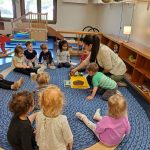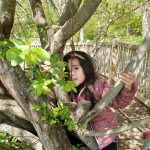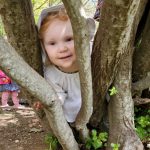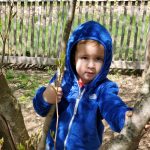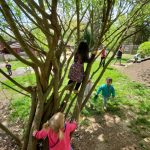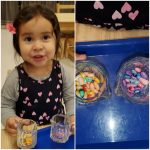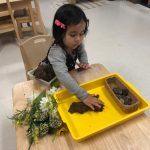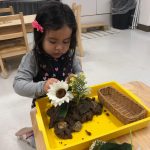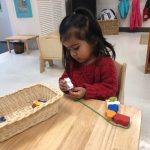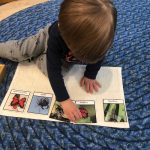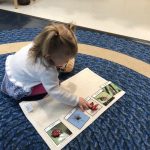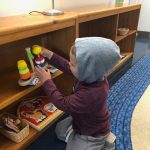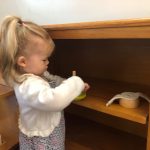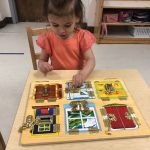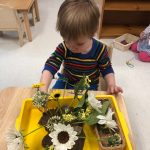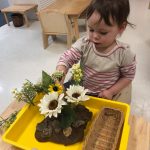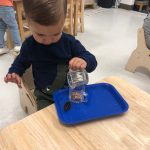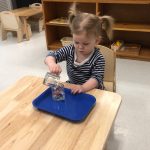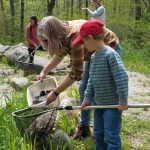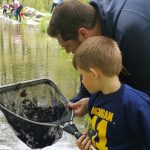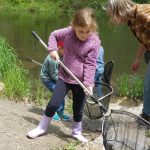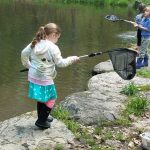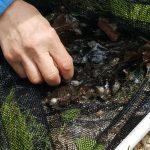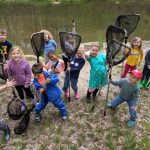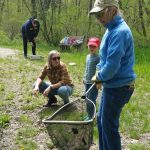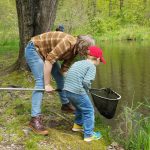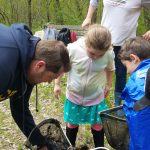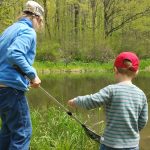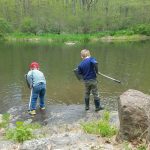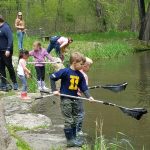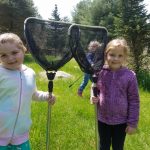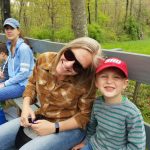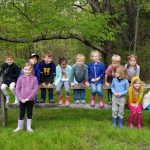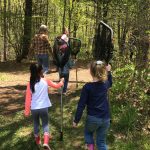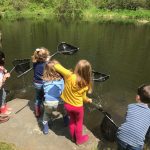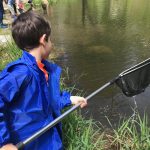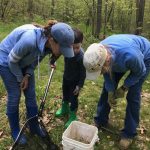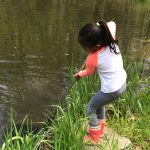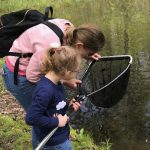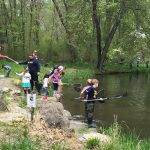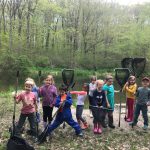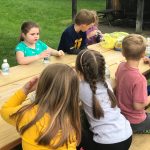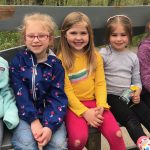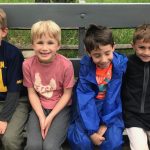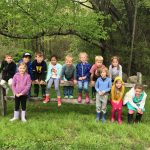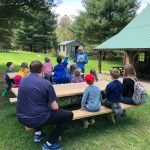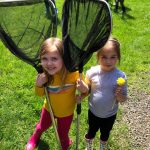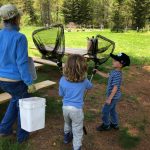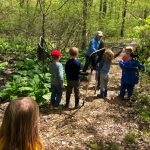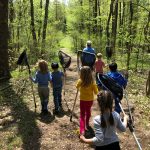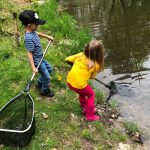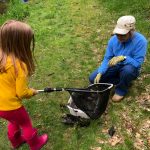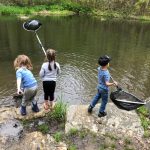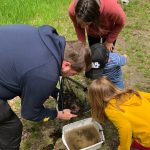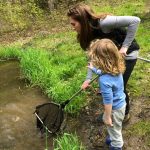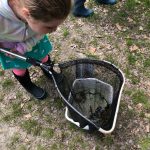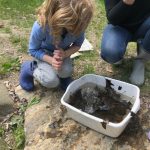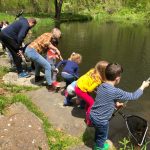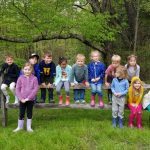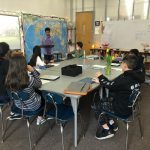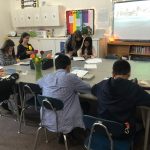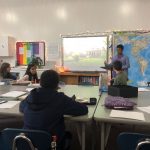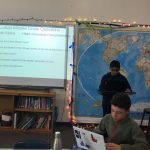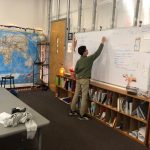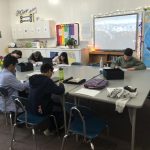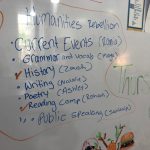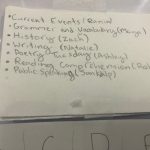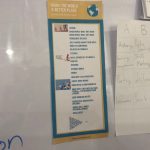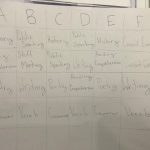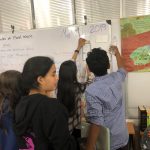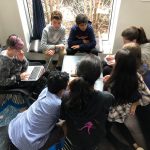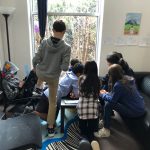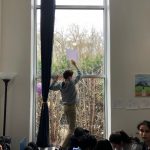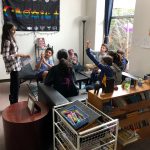As promised, I want to take time to write about a unique classroom experience the 7th years participated in last week. Experiential learning, or learning by doing, is an important part of acquiring knowledge.
During their unit surrounding Animal Farm by George Orwell, students learned various economic and political systems of government (capitalism, socialism, communism, dictatorship, democracy, monarchy/oligarchy, and totalitarianism) and paralleled the novella with the Russian Revolution of 1917 and its aftermath, reading it as an allegory. They also spent time investigating the notion of a revolution. We looked at various revolutions from past and present and spoke about the causes, goals, what actually happened, and if they achieved their goals. We ended by devising a list of qualities that would make a great leader. Little did they know, this would be the launching point for tomorrow’s lesson.
The students walked into Humanities, and I told them there had been a rebellion. I had been overthrown and they would need to figure out how to successfully run class. I then went and sat in the back of the room and took copious notes, observing what happened next.
As expected, they were surprised at first, but they quickly sprang to action. Leaders emerged, both logical and more controlling, and it became clear that they all had the same goal: to learn as much as possible in the time given. While the first half of the class was spent deciding who would lead the pack, they realized that they should be focusing their time planning the class. They broke Humanities into a multi-day schedule of mini-classes that would run 10-15 minutes each. They cleverly realized that it would be optimal to have a reading comprehension class following a history lesson, so they could tie them together. I was impressed.
The end of the class came, and they begged to actually run the class the next day, exactly how they planned it. They agreed to go home and prep lessons to be delivered the next day. How could I say no?
The following day, 7th years executed their lessons. It was eye-opening to me. For the most part, they decided to take their favorite parts of Humanities and teach them as I might. I watched a history lesson about the Cuban Missile Crisis followed by written questions about that lesson, editing practice, a poetry discussion, current events, and a public speaking lesson. What I noticed, though, was the lack of movement in their lessons. They sat and worked quietly at their seats. I thought to myself, Is this how they feel the best practice of teaching is? Is this a direct reflection of their own experiences? I hoped not! I know, personally, I always plan at least one movement of environment during class and give children the freedom to do their quiet or group work in any space they feel comfortable. It wasn’t until one of the students became strict that they digressed and started speaking up.
The other crucial piece to experiential learning is reflection. Afterwards, we gathered and I asked the students about the experience. When I asked for overall feedback, one student mentioned that because one of their parents is a teacher, he was able to have a different type of conversation with him: not so much about what he teaches but how he teaches it. Another student enjoyed the process of teaching so much (planning and executing the lesson) that they thought they might consider it as a career. I asked if this was their dream version of a humanities class. They said they hadn’t considered they could do something like that and that there just simply wasn’t enough time to start from scratch. I would love to see what that might look like! Overall, the feedback was that they loved teaching each other. It will be important for me to honor this and celebrate it in my future planning of curriculum for students.
I think I will keep this experience in my repertoire. With different groups, this can go in completely separate directions each year. I can’t wait!
A reminder:
The deadline for this year’s FWM sweatshirt is the end of the day on Monday. Order yours now! FWM Sweatshirt Order
